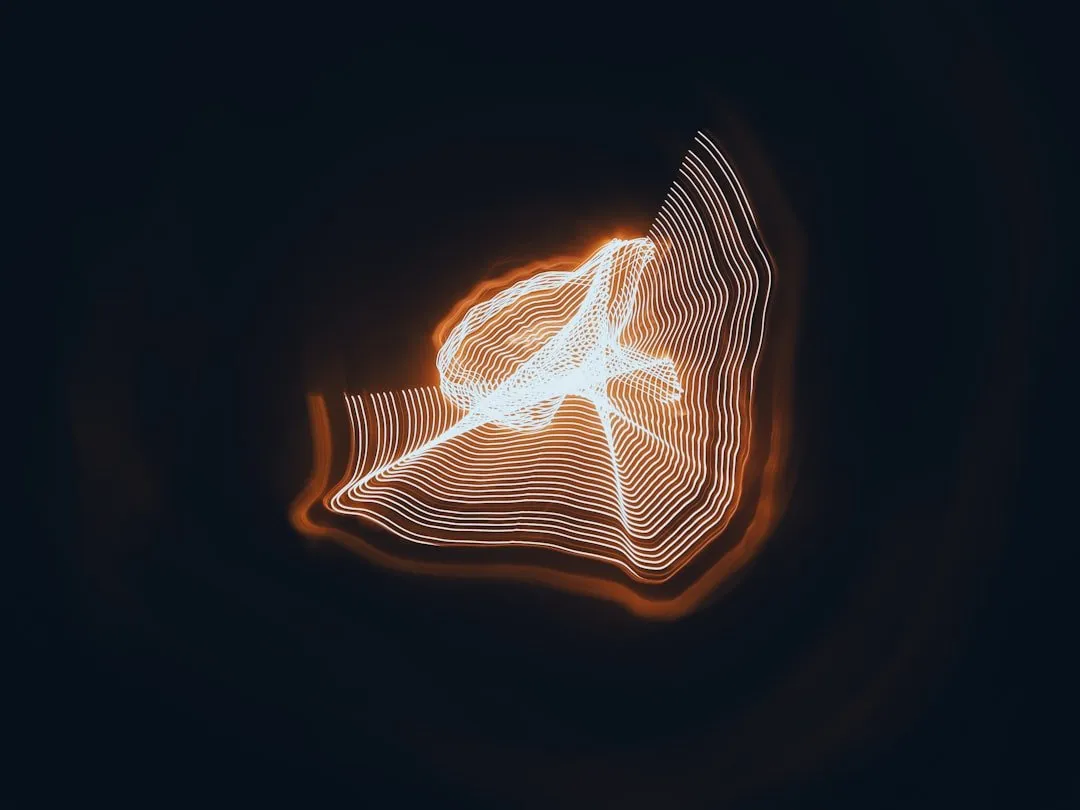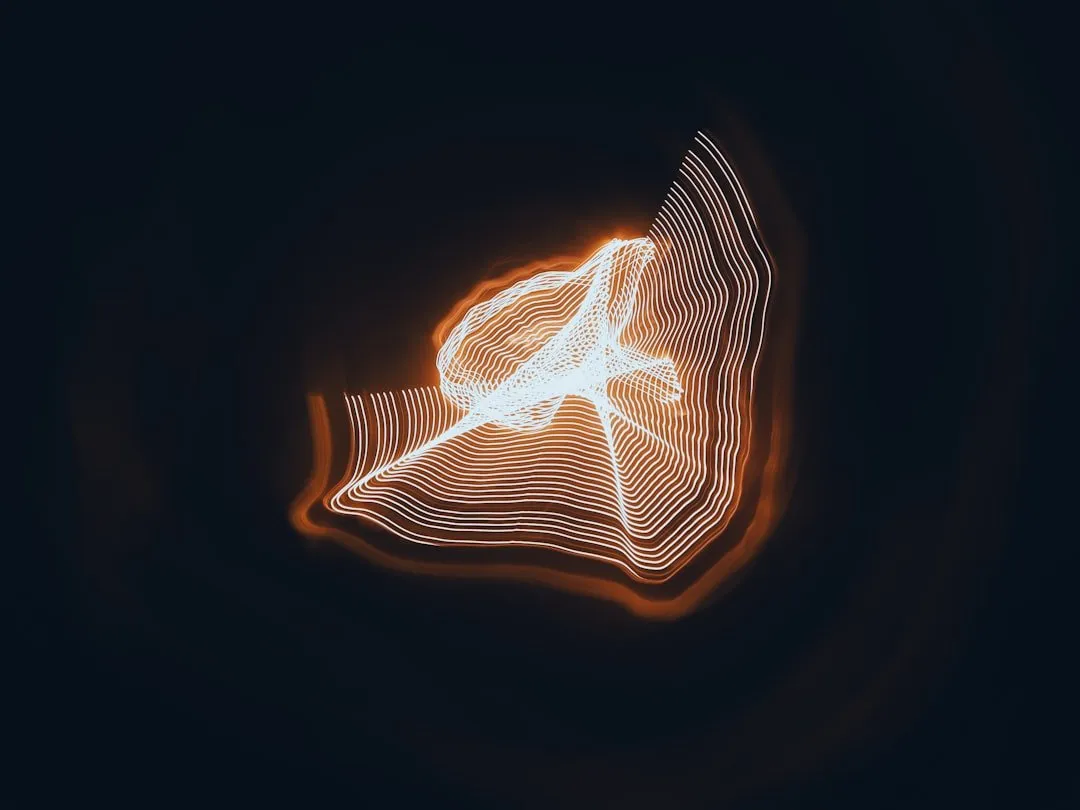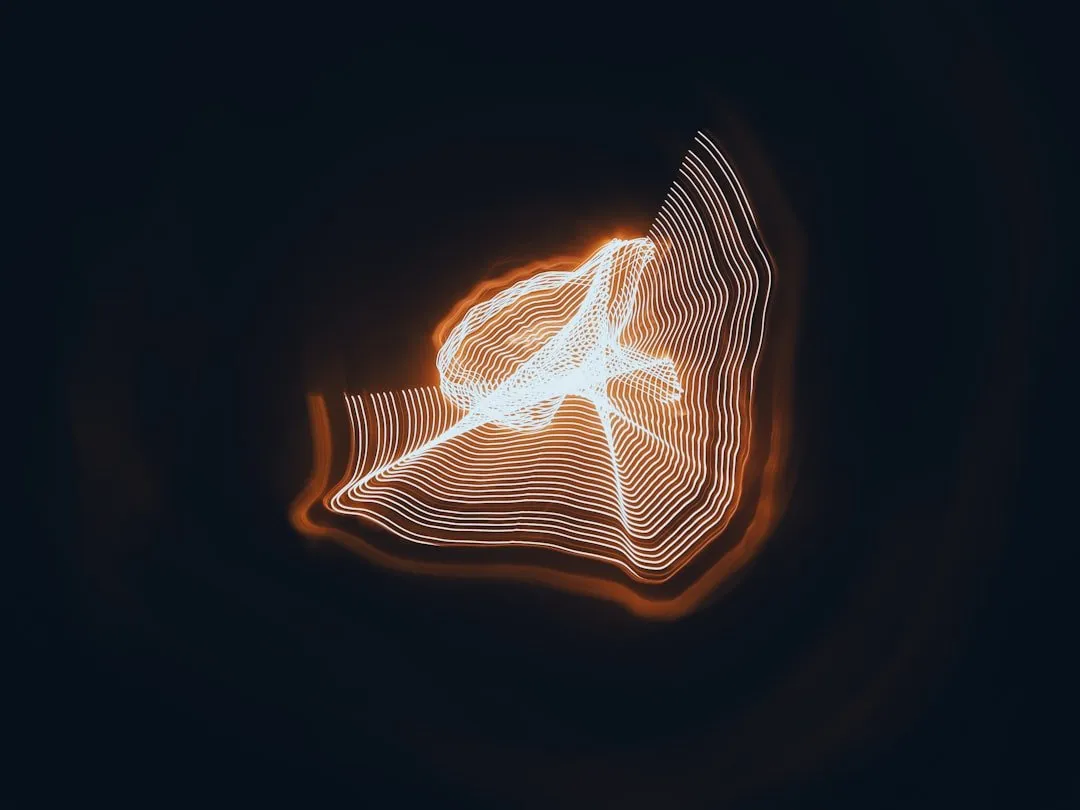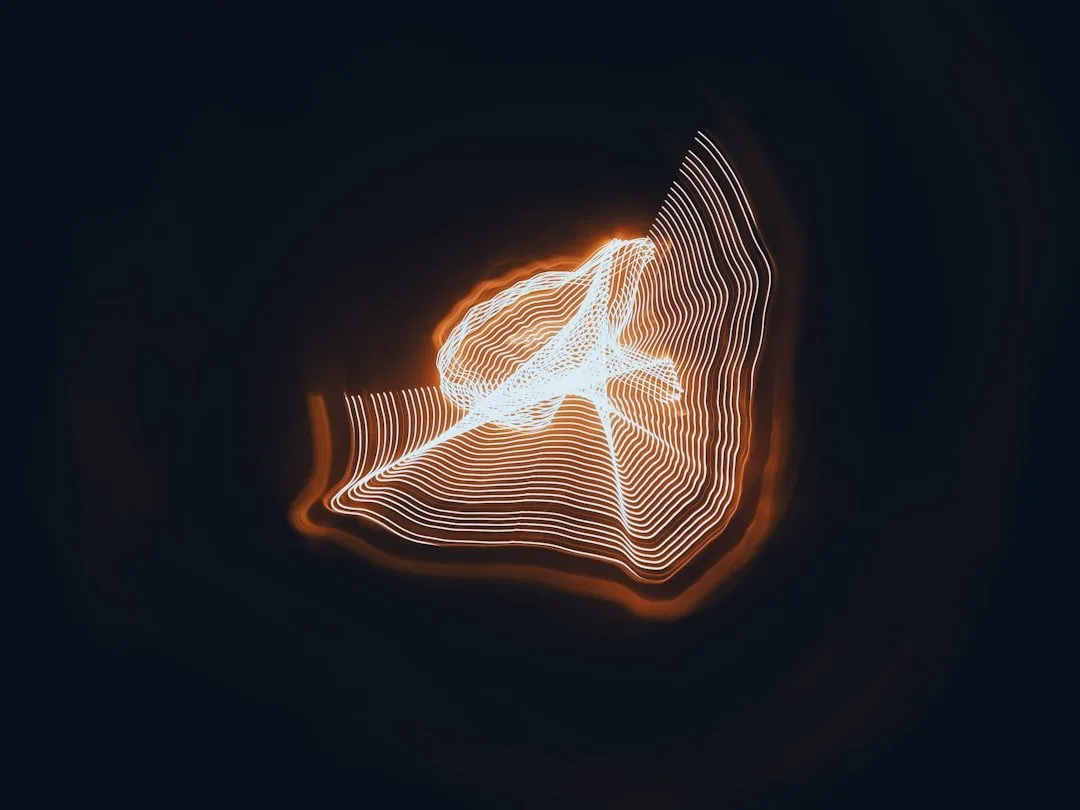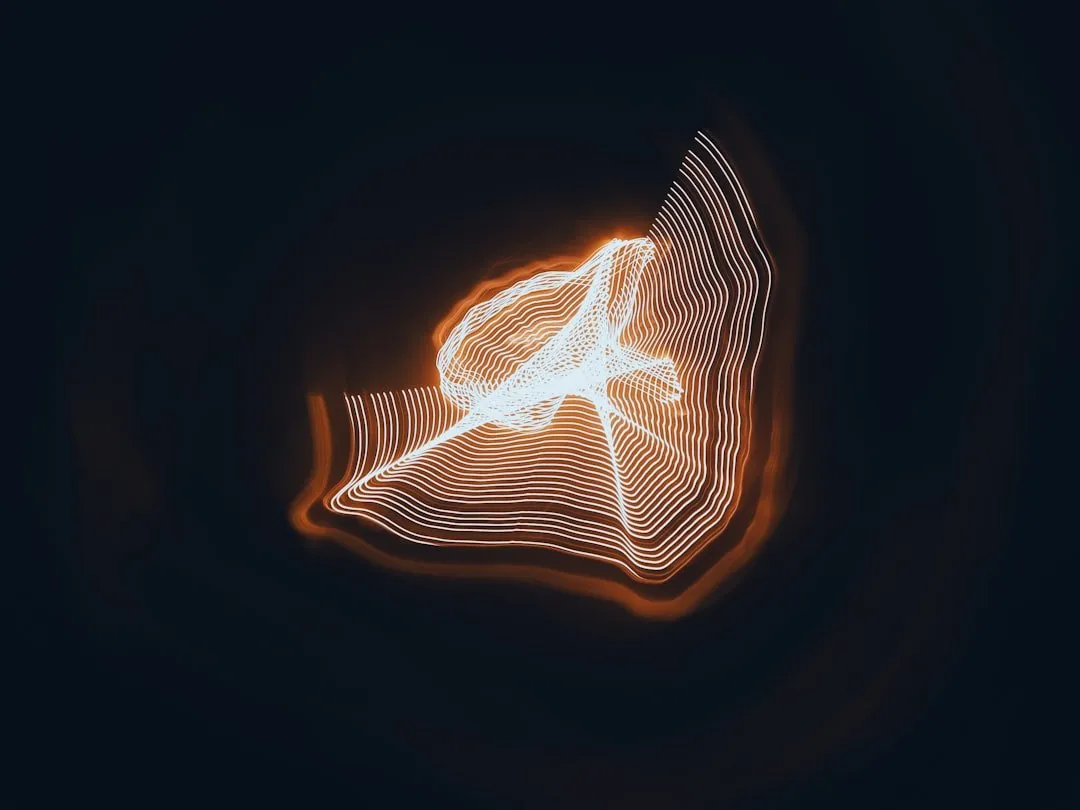Muscle soreness after exercise is a common issue, but natural remedies like kratom show promise. Studies indicate that kratom interacts with opioid receptors and modulates prolactin levels, offering pain relief and anti-inflammatory benefits to reduce muscle soreness. The active compounds mitragynine and 7-hydroxymitragynine in kratom, derived from Mitragyna speciosa, may support recovery by enhancing the body's natural healing processes, including those involving prolactin. This research opens up new avenues for using kratom as a potential alternative to traditional painkillers for post-workout recovery or chronic muscle discomfort.
Muscle soreness can significantly impact our daily lives, yet understanding its causes is key to effective relief. This article explores various strategies for alleviating muscle aches, with a special focus on the potential role of kratom supplements. We delve into the science behind kratom’s effects and its interaction with prolactin, a hormone linked to recovery. By understanding these mechanisms, individuals can make informed decisions regarding their post-workout recovery routines, potentially enhancing performance and overall well-being.
- Understanding Muscle Soreness and Its Causes
- Exploring Kratom as a Potential Relief Agent
- Prolactin and its Role in Recovery: A Scientific Perspective
Understanding Muscle Soreness and Its Causes

Muscle soreness is a common issue that can arise from various physical activities, including intense workouts or sudden increases in exercise intensity. It’s essentially a response from your muscles to damage caused by stress and overuse. When muscles are subjected to strenuous activity, tiny tears form in their fibers, leading to inflammation and the characteristic aching sensation. This process is part of the body’s natural repair mechanism, but it can be uncomfortable and limit mobility.
Kratom, a herb known for its diverse medicinal properties, has gained attention for its potential role in managing muscle soreness. Some studies suggest that kratom may interact with opioid receptors in the body, releasing endorphins and providing pain-relieving effects. Additionally, its ability to modulate prolactin levels could contribute to its anti-inflammatory properties. Prolactin is a hormone often linked to inflammation and immunoactivity, so keeping it in check might play a role in reducing muscle soreness after intense physical exertion.
Exploring Kratom as a Potential Relief Agent

Kratom, derived from the tropical plant Mitragyna speciosa, has gained attention as a potential natural remedy for muscle soreness and related conditions. Its active compounds, particularly mitragynine and 7-hydroxymitragynine, have shown promising results in studies focusing on pain management. One notable aspect of kratom’s mechanism of action is its interaction with prolactin, a hormone linked to various physiological processes, including muscle recovery. Research suggests that kratom may modulate prolactin levels, potentially influencing its role in reducing inflammation and promoting muscle healing.
This herb’s ability to act as an agonist or antagonist at specific receptors, including opiate and serotonin receptors, contributes to its analgesic and anti-inflammatory effects. By targeting these pathways, kratom offers a unique approach to managing muscle soreness without relying solely on traditional painkillers. Exploring these biological interactions provides a compelling case for further research into kratom’s therapeutic potential, especially in the context of natural remedies for active individuals seeking alternative solutions for post-workout recovery or chronic muscle discomfort.
Prolactin and its Role in Recovery: A Scientific Perspective

Muscle soreness can be a hindrance to recovery, but the body has its own intricate mechanisms to aid in healing. One hormone that plays a significant role in this process is prolactin. Prolactin, often associated with lactation, has been found to have diverse functions beyond its traditional role. In terms of muscle recovery, prolactin acts as a potent anti-inflammatory and anabolic agent. Scientific studies suggest that it helps reduce muscle damage and accelerates the repair process by stimulating protein synthesis, which is crucial for building and repairing tissue.
Kratom, a natural herb known for its various health benefits, has been studied for its potential interaction with prolactin. Research indicates that kratom may modulate prolactin levels in the body, thereby influencing recovery processes. The synergistic effect of these two elements could provide an effective strategy for alleviating muscle soreness. Understanding this scientific perspective offers insights into how kratom supplements might enhance recovery by supporting the natural hormonal balance, specifically with prolactin, to promote faster and more efficient healing.
In conclusion, muscle soreness relief strategies that incorporate kratom supplements show promise due to their potential interaction with prolactin, a hormone known for its role in recovery. While further research is needed, combining kratom with a balanced lifestyle and proper hydration could offer a natural, effective approach to managing post-exercise muscle aches. Incorporating kratom as part of a holistic wellness routine may prove to be a game-changer in athletic recovery, especially in light of the growing interest in alternative remedies.

